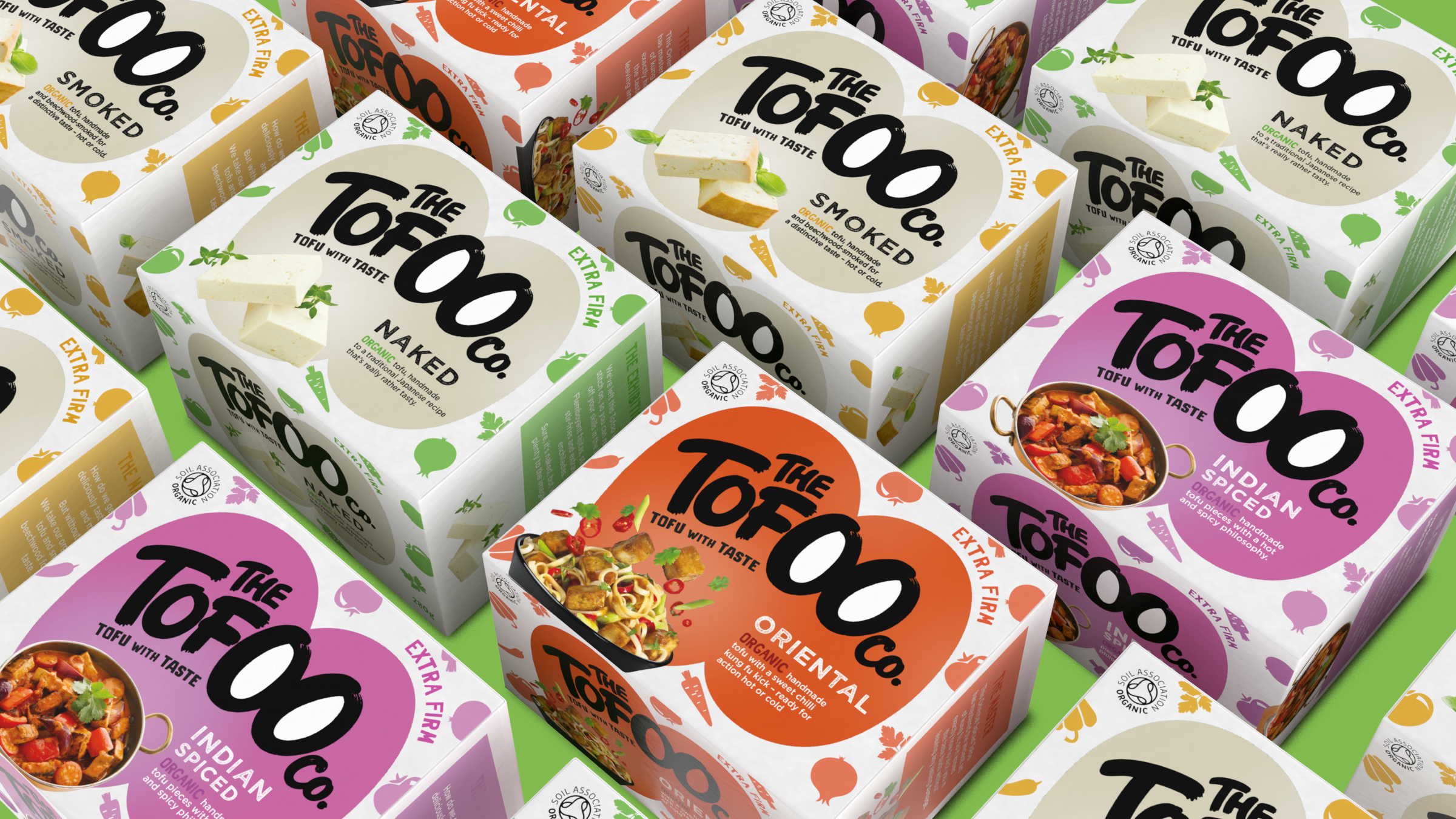In recent years, the plant-based sector has witnessed a remarkable surge in popularity. But this meteoric rise hasn’t been without its fair share of challenges. Growing concerns about ultra-processed foods and scepticism surrounding the health benefits of swapping real meat for plant-based substitutes have caused a few bumps in the road. Despite this, however, the global market is still projected to skyrocket to an astonishing $35.9 billion by 2033, according to Future Marketing Insights
This growth trajectory raises significant questions about the evolution of the sector and how brands can stay relevant.
Not too long ago, plant-based products were niche items relegated to speciality health-food shops. Veganism and other alternative diets were considered rare and unconventional. However, times have changed. Plant-based foods have transcended their niche beginnings, and dietary preferences like veganism have experienced a significant upswing.
Despite the growing popularity of plant-based products, some offerings have struggled to meet consumer expectations, resulting in stagnation or declining sales in certain markets. Shares at vegan alternative Beyond Meat have fallen by almost a third, for instance. Much of this has come on the back of concerns surrounding ultra-processed foods and moving away from more ‘natural’ ways of eating. For many people looking to the plant-based sector, health is a key driver, after all.
In a similar vein, Yorkshire-based sausage company Heck reduced its meat-free range from 10 products to two due to a lack of consumer appetite. Nestlé has withdrawn its vegan Garden Gourmet and Wunda from sale in the UK, and Coca Cola’s Innocent Drinks announced the discontinuation of its dairy-free smoothies in March.
This underscores the critical need for constant innovation and improvement within the industry – and for digging deep into evolving consumer mindsets. Nevertheless, the sustained interest in wider plant-based options signals that demand is enduring, and to claim a larger share of the market, brands must focus on a broader, more mainstream audience and respond to their progressing need states and tensions.
The challenge lies in finding the sweet spot, where plant-based products can exude trust and reassurance while delivering an enticing taste experience.
Dealing with preconceptions
Some consumers remain hesitant to embrace plant-based alternatives due to their perception that these products fall short in terms of taste and texture when compared to traditional animal-based options. Strategic packaging can go a long way to overcoming these sensory barriers. You have to deliver on brand promise - for example, that the product will be quick to prepare and delicious - by shifting the emphasis from being a rational choice to one based on personality.
Many consumers remain unfamiliar with plant-based products and require guidance on their benefits and how to incorporate them into their diets. As an example, our work with Morrison’s Free From range used powerful imagery to reassure consumers that the products would more than measure up to their conventional counterparts.
Right now, the plant-based industry is on the brink of its next phase of evolution, driven by technological advancements and ingredient innovations. To thrive in this increasingly competitive market, brands need to achieve stand-out by developing brand and packaging identities that align with consumer expectations and motivations, respond to sector shifts and break purchase barriers.
Resulting strategies also need to work to allay negative stereotypes or misconceptions, including perceptions of blandness, unappealing qualities or suitability only for people on restrictive diets.
Remember, people cut back or abstain from animal protein for myriad reasons: their health, the environment, sustainability, taste preference, faith, ethics, animal welfare. As a result, it’s not always straightforward: KFC does a Vegan Burger but there are many thousands of vegans who wouldn’t cross the chicken shop’s threshold.
The brand strategist’s role is to connect to this expanding and mixed consumer base, and understand that plant-based and free-from means different things to different consumer groups.
Celebrating indulgence
Gone are the days when plant-based products were associated with deprivation and worthiness. Today, they not only often offer environmental and health benefits but also provide an indulgent culinary experience. Packaging needs to reflect this evolution, exuding a sense of liberation that resonates with the changing ethos of the category.
For whatever reasons individuals are embracing plant-based products, brand designers need to understand the consumer mindset and the tensions they grapple with. This involves considering broader cultural influences that shape their food choices and brand preferences.
The evolution of the plant-based sector is a testament to changing consumer preferences and the growing awareness of the environmental and health impacts of dietary choices. While challenges persist, the future appears promising for plant-based brands that can adapt, innovate and effectively communicate the benefits of their products to a wider audience. As consumers continue to explore plant-based options, brands must remain agile, responsive and creative to thrive in this ever-evolving market.
You don’t need a brief to start a conversation.
getintouch@stormbrands.co




